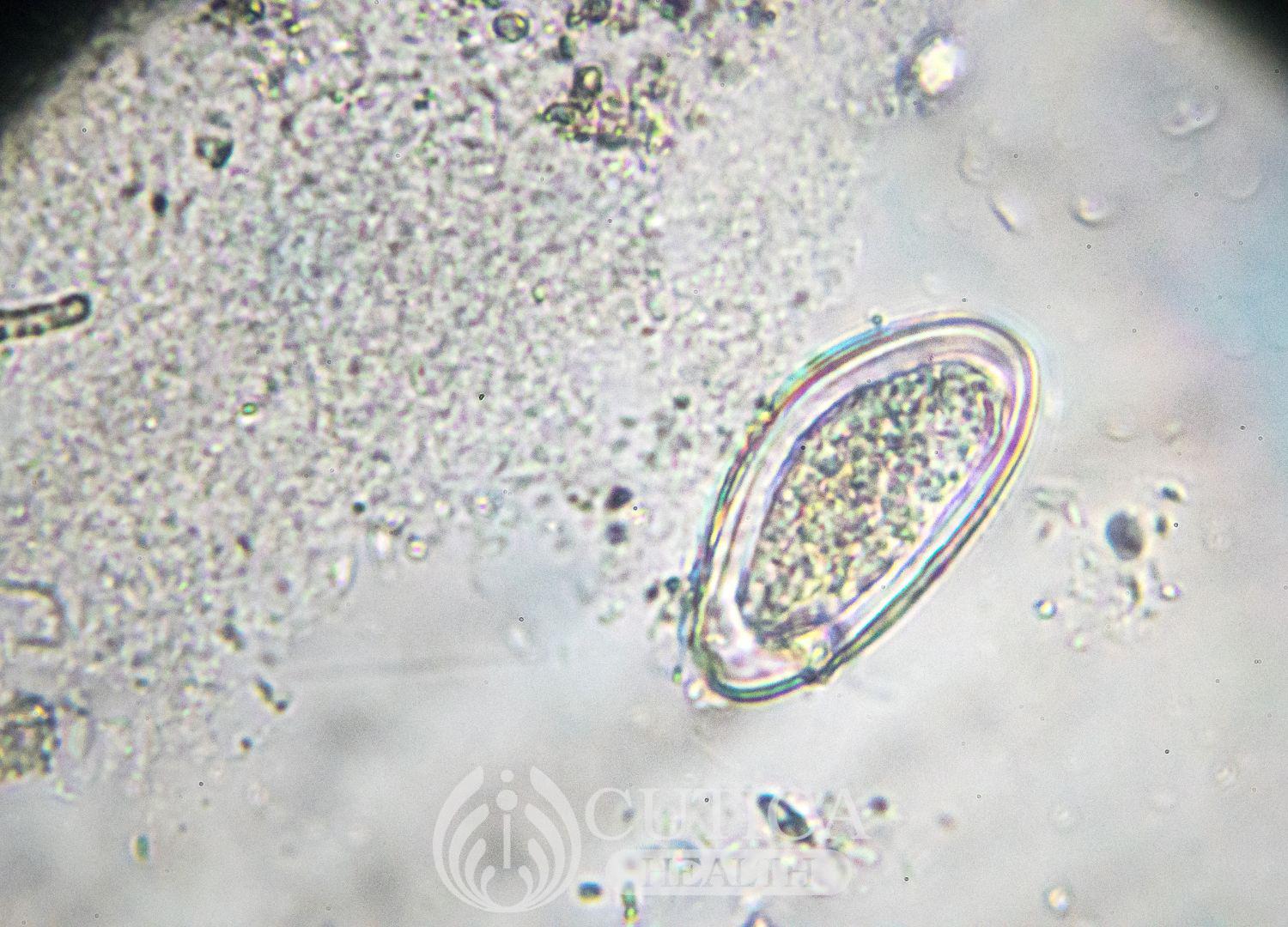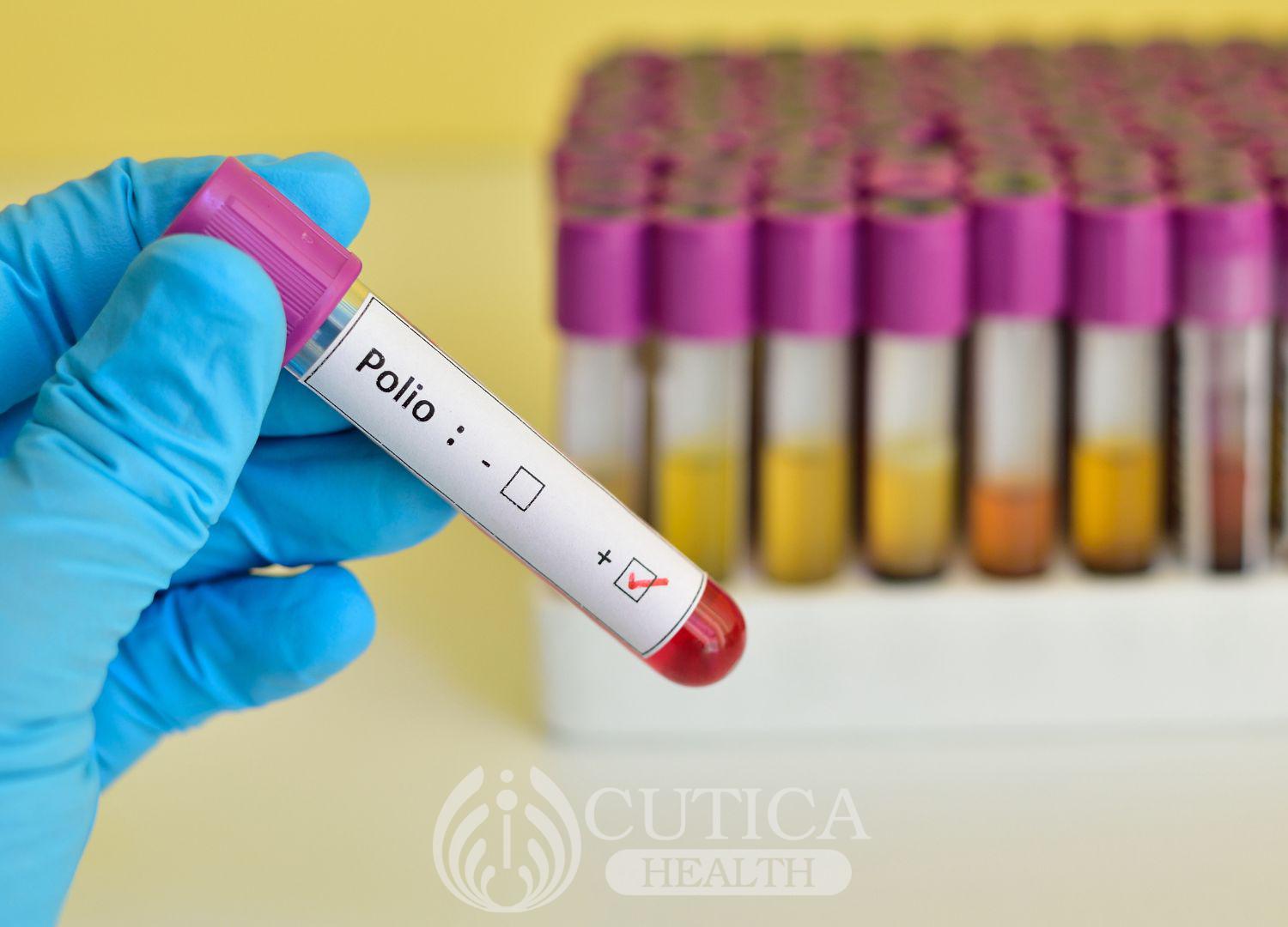
Kunle always complained of anal itching over the last three weeks. These itching was intense at night and would often wake him up from sleep. Sometimes he itches himself to the point of cutting into the skin around his anus. Surprisingly, when he complained at school, Jide his best friend said he had similar symptoms and went to see his family doctor last week. He said the doctor called it pin worm and that these worms are known to come out most times at night.
Introduction
Pinworm infections, also known as enterobiasis, are a common parasitic infestation affecting millions of people worldwide, particularly children. These tiny parasites, scientifically known as Enterobius vermicularis, inhabit the large intestine and cause discomfort and irritation.

Causes of Pinworm Infections
Pinworm infections are primarily caused by the ingestion or inhalation of pinworm eggs, which are microscopic and can easily spread from person to person. The most common route of transmission is through direct contact with contaminated surfaces or objects, such as bedding, clothing, toilet seats, or toys, that have come into contact with pinworm eggs. Poor hygiene practices, such as inadequate handwashing, can further facilitate the spread of pinworm infections.
Symptoms of Pinworm Infections
Pinworm infections often present with a distinct set of symptoms, although some individuals may remain asymptomatic. Common signs and symptoms of pinworm infections include:
- Anal itching: Intense itching around the anus, particularly at night, is a hallmark symptom of pinworm infections. This itching is caused by the female pinworms laying eggs in the perianal area.
- Restlessness and discomfort: Infected individuals may experience restlessness and discomfort, especially during the night, due to anal itching and irritation.
- Insomnia: Persistent itching and discomfort can disrupt sleep patterns, leading to insomnia and daytime fatigue.
- Vaginal itching (in females): Female individuals may experience vaginal itching or irritation due to the migration of pinworms from the anus to the genital area.
- Mild abdominal pain: Some individuals may experience mild abdominal pain or discomfort, although this symptom is less common.
It is important to note that while pinworm infections are generally not considered serious, they can cause significant discomfort and affect daily activities if left untreated.
Effective Treatments for Pinworm Infections
The treatment of pinworm infections typically involves the use of anthelmintic medications, which are specifically used to eliminate parasitic worms. Commonly prescribed medications for pinworm infections include mebendazole, albendazole, and pyrantel pamoate. These medications work by killing the adult pinworms and their eggs, effectively clearing the infection.
In addition to medication, proper hygiene practices are essential for preventing the spread of pinworm infections and reducing the risk of recurrence. These practices include:
- Regular handwashing: Thorough handwashing with soap and water, particularly after using the toilet and before handling food, can help prevent the spread of pinworm eggs.
- Frequent changing of underwear and bedding: Regularly changing and laundering underwear, pajamas, and bedding can help remove any lingering pinworm eggs.
- Trimming fingernails: Keeping fingernails short and clean can minimize the risk of transferring pinworm eggs from the hands to the mouth.

Conclusion
Pinworm infections are a common parasitic infestation that can cause significant discomfort and disruption to daily life, particularly in children. By understanding the causes, symptoms, and treatment options for pinworm infections, individuals can take proactive steps to manage the infection effectively and prevent its spread to others. Early diagnosis and prompt treatment are essential for alleviating symptoms and reducing the risk of complications. Practicing good hygiene habits and seeking medical advice if symptoms persist are key strategies for preventing and managing pinworm infections. With proper care and vigilance, pinworm infections can be effectively controlled, allowing individuals to enjoy improved health and well-being.












